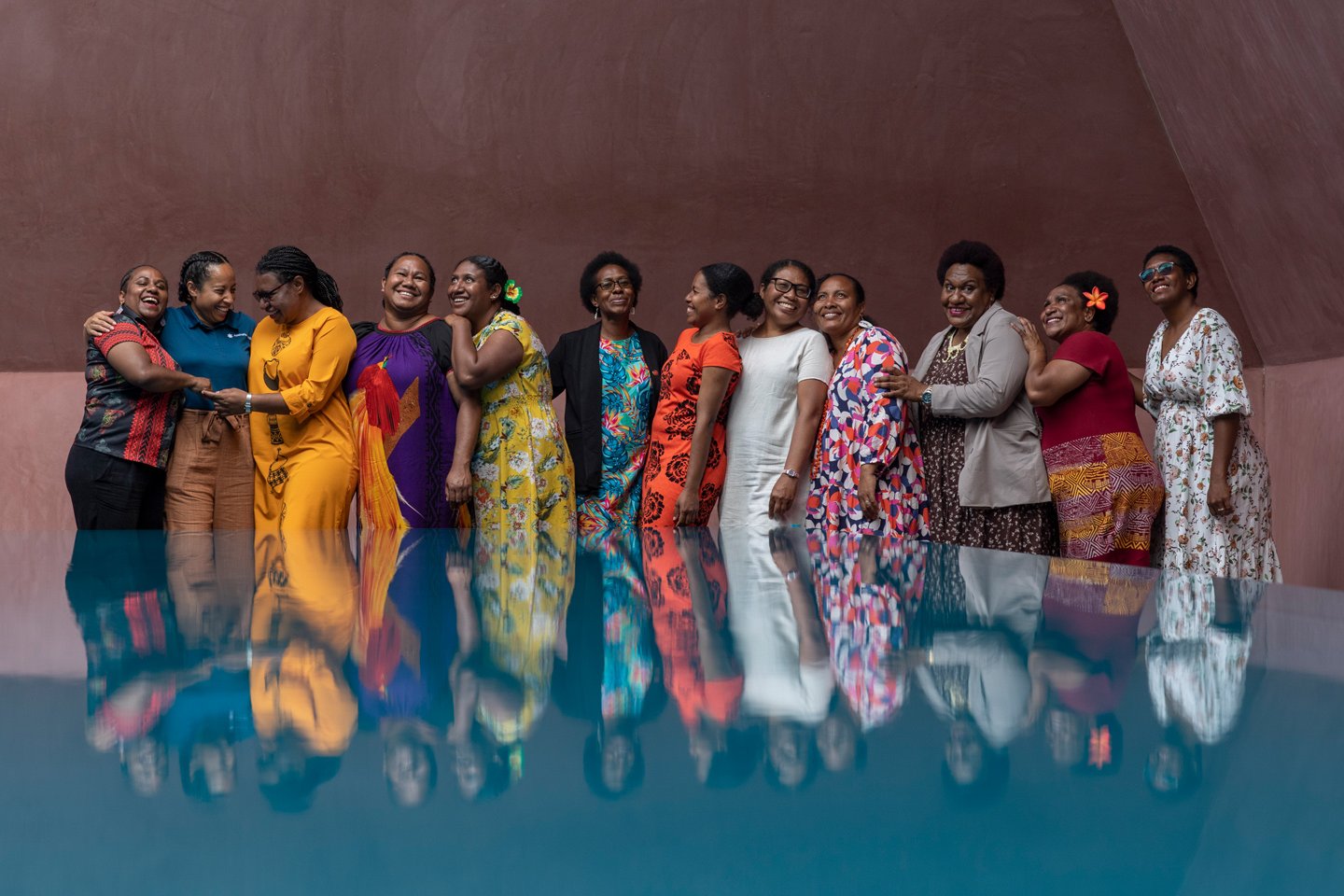
Australia Awards scholarship program: a global impact on sustainable development
Research 25 Nov 2024 6 minute readAustralia Awards Scholarships are empowering changemakers from developing countries to contribute to their nation’s development, resilience and prosperity.
ACER delivered its final report for the Australia Awards Global Tracer Facility, drawing on almost 2,000 data points gathered over the past 8 years.
Since its establishment in 2016, the Global Tracer Facility (GTF) has traced the achievements of Australia Awards alumni from developing nations to assess the impact of the program.
Australia Awards is a program of Australia’s Department of Foreign Affairs and Trade (DFAT) that empowers students from developing countries to study at Australian universities, primarily through scholarships, aiming to help them contribute to their nations’ development, resilience and prosperity.
Managed by the ACER, the GTF has conducted 41 studies, examining the experiences of over 17,000 Australia Awards alumni across 120 countries, whose collective contributions align with all 17 United Nations Sustainable Development Goals (SDGs).
Evaluation outcomes
The strongest finding of the latest report also appears to have been the most consistent of recent evaluations – that the Australia Awards program is meeting its aims of building relationships with partner countries and helping them to progress their development goals through education and sharing of knowledge.
The Australia Awards highlights Australia’s commitment to supporting sustainable global development through education, and the GTF’s insights confirm that this commitment results in meaningful outcomes around the world.
Alumni contributions and leadership
The research focuses on 2 major outcomes: contributions to sustainable development and cooperation with Australia.
Almost all alumni (98%) were shown to be applying skills acquired in Australia in their workplaces and communities, contributing to sustainable development through capacity building. Graduates in leadership roles demonstrated a strong ability to utilise these skills in ways that support SDGs, and reported that studying in Australia transformed their professional and personal growth. Through valuable connections with Australian peers and organisations, a network of change-makers committed to development is formed and showcases the program’s success.
Contributions to sustainable development manifest at multiple levels, from benefits to personal relations and communities to organisations, national-level programs and policies. Localised efforts such as those displayed in the image below highlight the program’s contribution to diverse regional needs and priorities.
Above: Alumni reported contributions to the UN SDGs by region
Networking for graduate success
Nearly half of all participants formed professional links with Australia. Alumni who participated in enrichment programs like the Women Leading and Influencing and the Australia Awards Leadership Program tended to be more likely than others to have formed professional links. However, alumni reported that challenges such as limited resources or lack of organisational partnerships hinder their ability to fully apply their skills. Additionally, while connections with peers were often maintained, regular engagement with Australian professionals was less common.
These findings indicate opportunities for DFAT to expand networking initiatives, both in the on-Award program and post-award. Greater engagement with employers and local stakeholders to foster enduring professional cooperation could ensure that alumni are well-connected in their roles when returning to their home countries. Stronger ties with Australian organisations would benefit both the participants and Australia’s international relations.
Women’s achievement
The Australia Awards emphasise gender equality and advancing women’s leadership across development sectors. Although more female alumni are attaining leadership roles over time, the GTF reports a gender gap: 60% of female alumni hold formal leadership positions, compared to 70% of their male counterparts. Also, younger women (ages 25–39) are less likely to be in leadership roles than their male peers, though this gap narrows with age.
Despite this, female alumni are contributing to all SDGs, particularly Gender Equality, Good Health and Reduced Inequality. However, men show higher contributions in Industry and Innovation and Affordable and Clean Energy, highlighting areas with larger gender disparities. To address persistent barriers, the GTF recommends expanding leadership development programs tailored to women, such as Women Leading and Influencing enrichment program.
Read the full report:
Global Synthesis Report: Long-term outcomes of Australian development scholarship alumni by Amanda Haddow, Daniel Edwards, Sarah Buckley, Jo Doyle, Leyna Clarke and Michelle Hsien (ACER) and the accompanying methodology report are available on the DFAT website.
Find out more:
Summaries of the GTF’s research over the past 8 years are available in Discover or visit the DFAT website to read the full reports.
